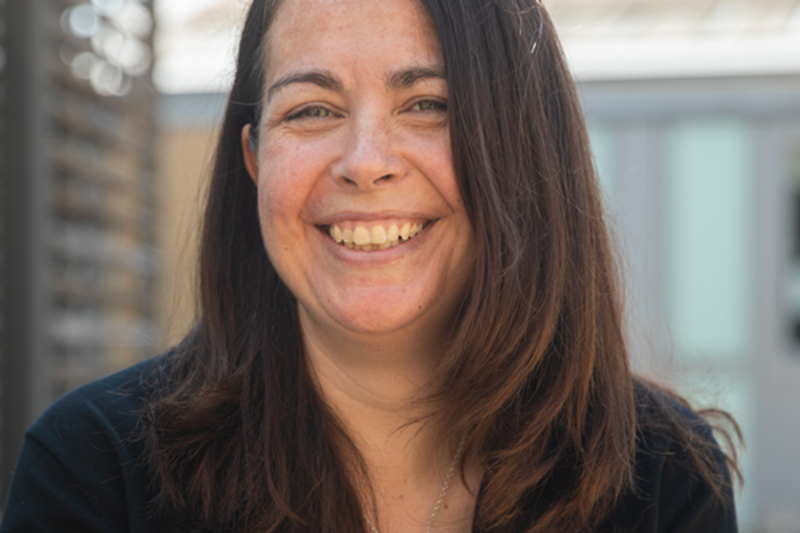
Prof. Teresa Lambe OBE
The Oxford team led by Prof. Teresa Lambe (Cellular Life Theme) has been developing a vaccine for Ebola prior to the emergence of COVID-19, which has undergone rigorous testing in clinical trials in the UK and Tanzania. Based on the presentation of key data generated by Prof. Lambe’s team to the WHO, it was announced on 17th Nov that the vaccine has been recommended for inclusion in a ring vaccination trial to combat Sudan ebolavirus outbreak in Uganda. The WHO working in partnership with the Ugandan government and Ministry of Health have enabled the ring vaccination trial as part of a multi-faceted effort to curb the outbreak and save lives. In record time manufacture scale-up was led by the Serum Institute and supported by Professor Sandy Douglas of the Jenner Institute, permitting delivery of 2,000 doses, in just a few short weeks - with approximately 40,000 doses in vials ready to ship if needed.
Teresa Lambe OBE, Professor of Vaccinology and Immunology at the Oxford Vaccine Group and Reuben Fellow said: ‘This is a phenomenal feat by all involved, especially our partners Serum Institute. This exceptional partnership has demonstrated yet again the importance of academics working with large scale manufacturers to rapidly pivot and respond to outbreaks, and the importance of working with and having the full support of WHO. Importantly, the speed at which we responded, gives real hope to achieving the 100-day mission and tackle deadly diseases of global impact.’
The Oxford Vaccine Group along with multiple organisations, including government bodies have embarked upon an ambitious plan to dramatically reduce or even eliminate the future risk of pandemics and epidemics. Part of the plan is to compress the time taken to develop safe, effective, globally accessible vaccines against new threats to just 100 days. Achieving this ‘100 Days Mission’ would give the world a fighting chance of containing a future outbreak before it spreads to become a global pandemic.